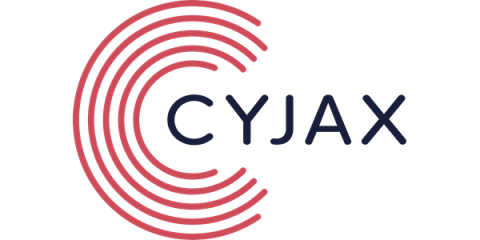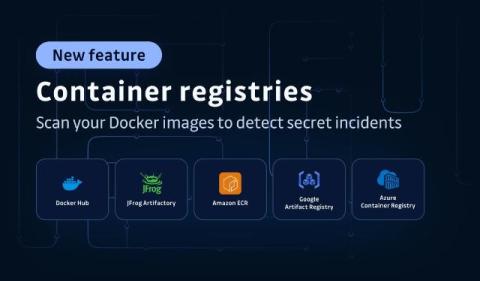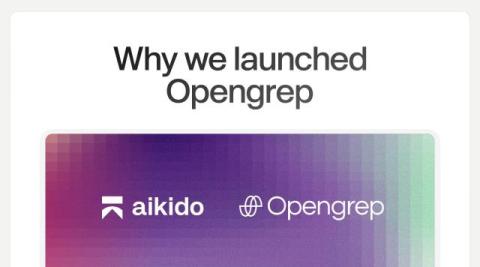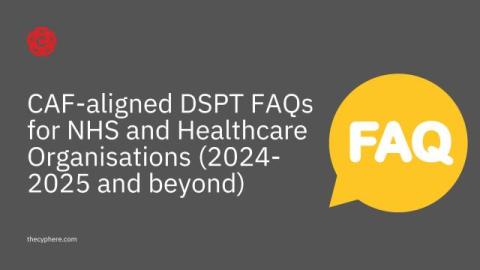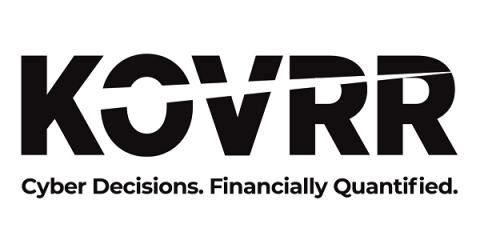Using Data Pipelines for Security Telemetry
It’s a warm, sunny day as you lie in the sand under a big umbrella. Suddenly, you feel the waves crashing against your feet, only to look down and see numbers, letters, usernames, and timestamps. You try to stand up, but you feel the tide of big data pulling you under… With a jolt, you wake up, realizing that you were having another nightmare about your security Data Lake and analytics.



